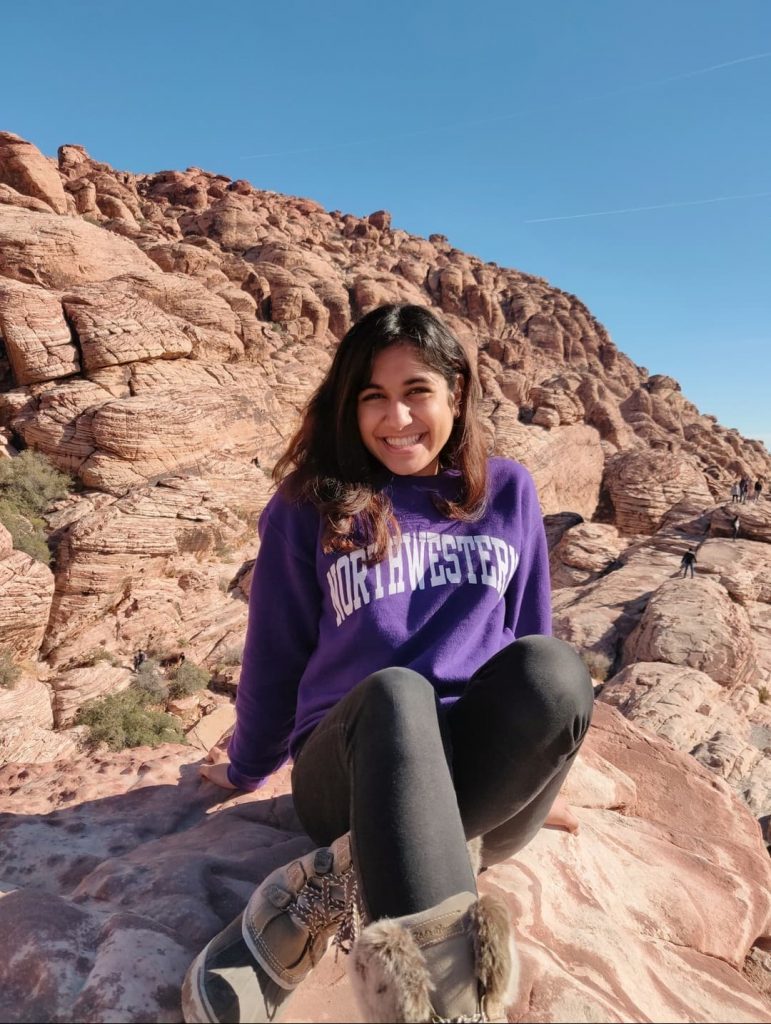Dismantling Voluntourism: Evaluating the Effects of a Global Health Supplemental Curriculum on Undergraduate Volunteers Traveling to Haiti

Jehannaz Dastoor
BIO
Jehannaz Dastoor graduated in 2020 with a major in Anthropology with a biological concentration. She will be obtaining an MD at Northwestern University Feinberg School of Medicine, and an MPH concurrently at The Graduate School at Northwestern. She hopes to continue pursuing her interest in global health, and aims to practice as a physician and contribute to community health efforts.
Q&A
I’ve been working with Angel Wings International, which is a community health organization in Haiti, every summer since I was 15. The organization is really like a second family to me, and so I’ve always been really passionate about global health. I also pursued an anthropology major in undergrad, so all of those passions kind of intersected in my senior year when I decided that I wanted to do a little bit more investigation into the topics that I’ve been learning and what I’ve witnessed as someone who is working in global health.
I started a global health organization at Northwestern to kind of form a link between the undergrad community and Haiti, and then in fall quarter of my senior year, I started an independent global health study. It originally started off as wanting to do a focused quarter solely on voluntourism, neocolonialism and learning about that dynamic, but then as we reached the end of that quarter, I thought that this is information that is really valuable. This information needs to be disseminated across the student body of undergraduates who want to do service in the global south. I pitched the idea to Dr. Peter Locke, and he suggested that I go through the department of undergraduate research to not just make it a curriculum, but to make it a research project to really be able to evaluate the efficacy of it.
I was really getting real time feedback after every single session. I could basically ascertain individualized feedback and understanding of every single lesson, and then be able to see all of the results pretty much directly after, which was very valuable for me to be able to think about what I want the curriculum to look like in the following years. I think it also showed me how accessible this type of research is, and how really any student goes in global health organizations that want to do this can and should, because it’s such a quick turnaround in terms of understanding how effective your curriculum is. There’s also then, consequently, a quicker turnaround for making changes to make that curriculum as ethical, sustainable and effective as possible.
